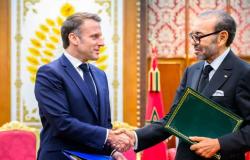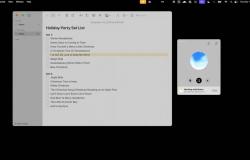The Director General of the Nigeria Budget Office, Mr. Tanimu Yakubu, has said that the Nigerian government’s N49.7 trillion budget for the 2025 financial year is based on a benchmark crude oil price, which is $75 per month. barrel.
In his budget presentation, aligned with the reference price at $75/barrel and a production target of 2.06 million barrels per day, Tanimu Yakubu also revealed the projected exchange rate of 1,500 naira per dollar and a forecast deficit of 13.39 trillion naira (3.96% of GDP), which will be financed by domestic and external borrowing as well as innovative partnership agreements public-private (PPP).
According to him, out of the N49.7 trillion, five trillion naira was allocated to strengthen the armed forces, police and intelligence agencies with the aim of restoring law and order and creating an enabling environment for economic growth. He explained that N16,000 trillion will be invested in critical road projects, rail networks, power infrastructure and housing, thereby reducing transaction costs, boosting investment and creating jobs.
The project, which has the theme “ Restoration budget: ensuring peace, rebuilding prosperity », focuses on three areas
security, revenue and expenditure projections and reforms for fiscal sustainability. It aims to address the country’s pressing challenges while promoting inclusive and sustainable economic growth.
Yakubu said in the revenue and expenditure projections, the Federal Government projects a total revenue of N36.35 trillion for 2025, which is based on improved non-oil revenue generation and includes increased tax revenue, customs duties and independent revenues of public enterprises.
« Additionally, over N6tn was spent on social services, aimed at improving access to quality education, modernizing health infrastructure and expanding social safety nets. “, he said, adding that the 2025 budget builds on the essential reforms initiated by the administration of President Bola Tinubu, notably the reform
tax, removal of fuel subsidies and debt management.
These reforms, he noted, aim to ensure fiscal sustainability and promote economic growth.
The « budget they restaurant ” is a statement of intent, embodying the government’s determination to combat insecurity, address infrastructure gaps and empower the Nigerian people.






